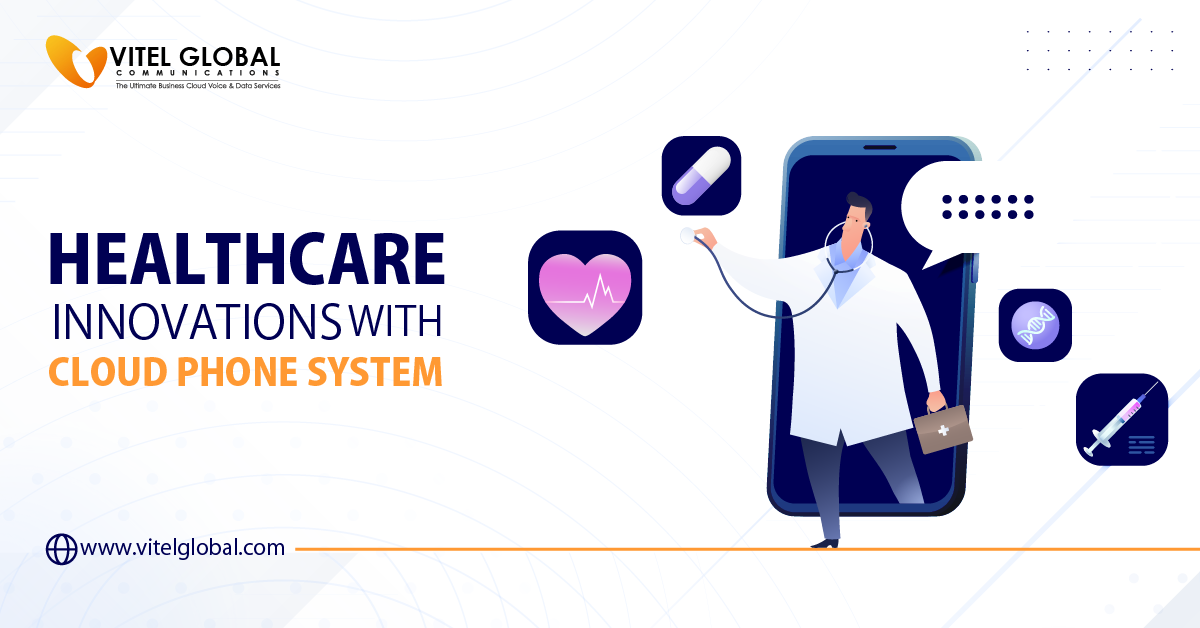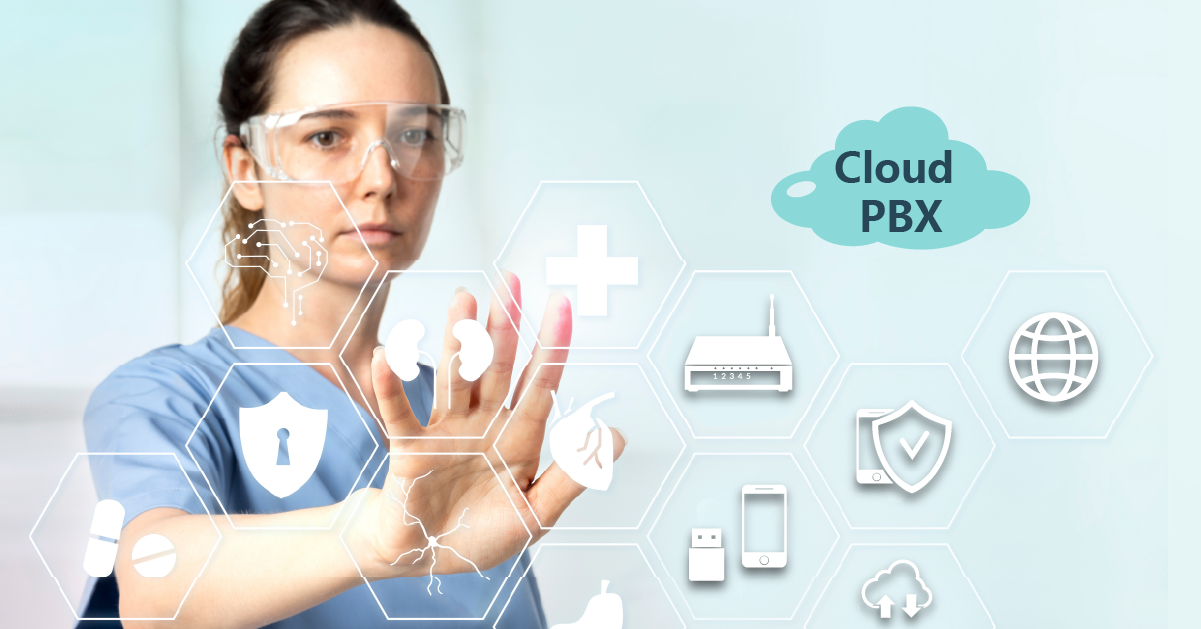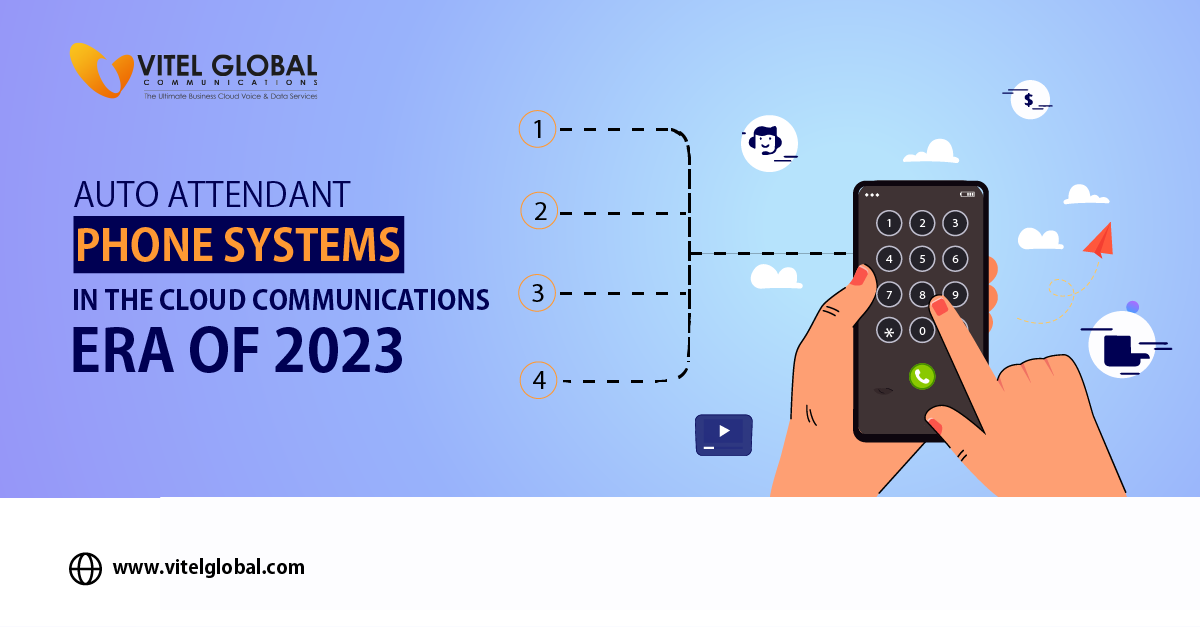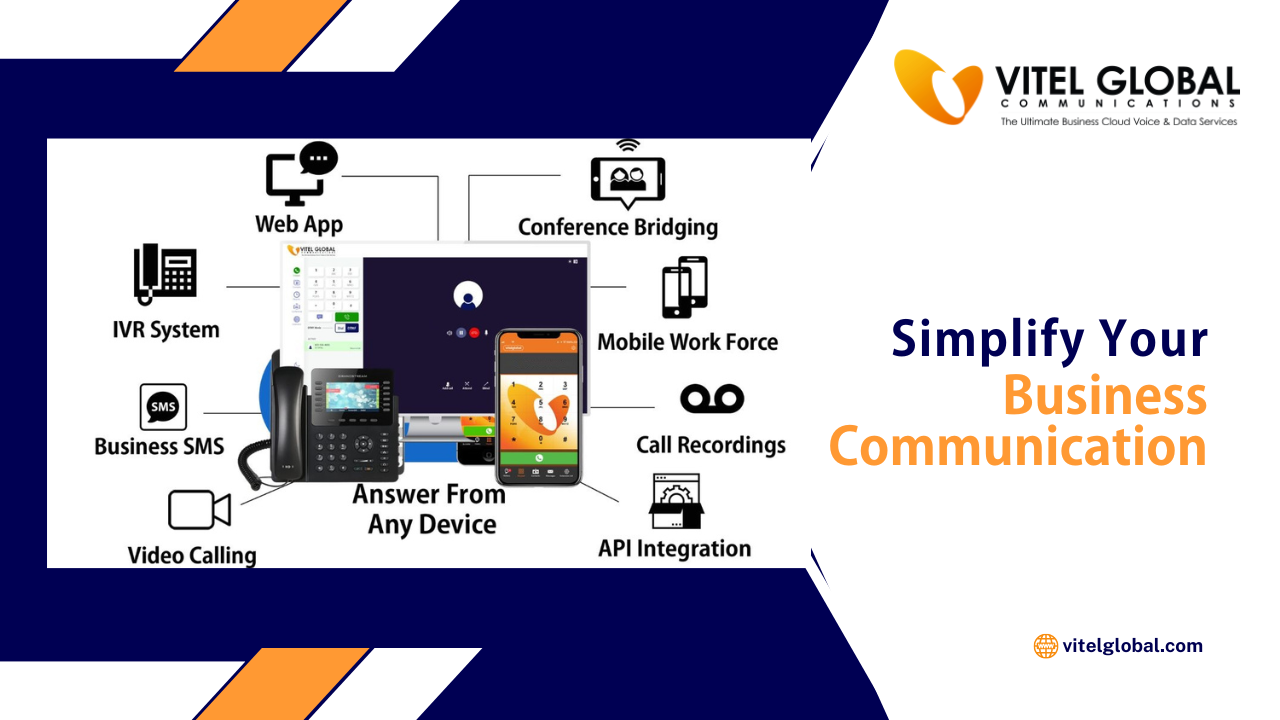Healthcare Innovations with Cloud Phone System

4 min read
With the latest innovation in Cloud Phone System, your healthcare service providers can give you instant access to all your medical records and treatment plans. They can also help monitor chronic conditions like heart disease or diabetes. And that’s not even mentioning the convenience!
You choose which doctors and specialists you want to see, schedule appointments for quick one-on-one visits with virtually anyone within minutes of calling their number, and order prescriptions or tests for fast delivery. It’s all made possible by using your Cloud Phone System.
It is a downloadable product that functions like a regular phone system but can run on an internet connection. It works for both home and office. The cloud service is used to store your patient information, but other than that, there is no difference between the Cloud PBX Phone System and any other phone system you might have at your office or home. When you install it, it will run on your current phone lines just like any other phone system and integrate with your existing office software application to provide many of the standard functions of a traditional phone system.
Healthcare Innovations
Many healthcare professionals have sought ways to improve their practices and increase efficiency. They’re tired of having to deal with old technology and antiquated systems. Some healthcare providers use “horseless carriages” like fax machines or email, but those processes can lack the immediacy required in today’s changing healthcare environment.
It makes communication easier between your staff, physicians, and patients while providing advanced features allowing you to track patient data and monitor key health indicators.
Both healthcare providers and their patients can use it. Patients can benefit as they can access their medical records from any location at any time. They can also register for new services, start check-ups, and order laboratory tests from any computer with an internet connection. Physicians in practice can also benefit significantly by being able to schedule or cancel appointments, access their patient data, and dispense prescription drugs, all while being connected to a phone system with all of the traditional features found with many regular phone systems.
The Future of Healthcare through Business Phone Solutions
Advantages:
- Improves communication- It helps to enhance the communication between your medical practice staff and your patients. The Business Phone System integrates the capabilities of an office phone system, email system, and fax machine into one solution.
- Flexibility- Increases the flexibility of employees’ work plans and working hours. Employees can work remotely, which reduces the need for offices and other facilities where they work or make medical decisions.
- Medical records access- Allows patients to access their medical records from any location at any time.
- Scheduling capabilities- The system allows staff to schedule or cancel appointments, check on patients’ registration status, order lab tests, and request prescriptions from any computer with an Internet connection.
- Increased productivity- Can handle many calls at once. A medical practice that uses a business Phone Service is known as a virtual medical practice because the practice is only partially located in a single place. Virtual medical practices are becoming more and more common due to the ease of information transfer between the practitioner and their patients. Practitioners can provide services that were not previously available through virtual means.
- In-office phone systems- These are installed in the office and used by employees who work in person within the office setting. They have been around for many years but are becoming obsolete as more practices realize the benefits of having an entirely virtual practice.
Cloud computing is using software and resources via an internet connection instead of just a local computer. There are two examples of how Cloud Phone Systems work. They are Cloud PBX and Cloud Hosted PBX. Cloud-based PBX is a phone system that works similarly to a traditional phone system, but it has all of the features already pre-programmed into the system without having to be purchased through the medical practice.
The idea is to save costs so that practices can invest their money in more important areas within the practice, such as specialized staff or better equipment for more advanced areas of medicine.
Cloud Communications for Healthcare
Cloud technologies can apply in business and industry in various ways. Healthcare providers have been slow to the game because of data security concerns but will inevitably adopt these new technologies. Cloud based business phone service are reshaping the healthcare ecosystem.
Technology has changed many industries, from retailing and transportation to information services like social media and email. Cloud computing has also had profound effects on the way businesses operate. Inevitably, healthcare organizations will eventually adopt cloud-based platforms for communication purposes, too—it’s just a matter of when they will embrace this new technology.
Factors That Will Influence the Adoption of Cloud Communications
Enabling technology
Hospitals, clinics, and other healthcare facilities primarily depend on IT systems to run their operations. Without the proper data management tools and system updates, they would experience an “information storm” and be unable to treat patients effectively.
In an effective cloud-based environment, a provider can implement a wide range of technologically advanced applications without being hamstrung by limited CPU cycles or storage capabilities. Technological advancements allow providers to run more efficiently and effectively. It also allows them to update their health information systems faster than ever without damaging hardware or data.
Financial benefits
Cloud-based communications can be cheaper using the software as a service (SaaS). To minimize costs, providers can utilize technologies that require less investment. Providers can also slash their IT costs by eliminating the need for costly hardware and software upgrades. SaaS systems are usually access through a web browser; there’s no need for installation or maintenance other than occasional updates.
Security
Healthcare providers are concerned about data security, especially with the increasing number of cyber-attacks they experience. Cloud-based communication tools give providers more control over their software and hardware. They can ensure that their data is secure from hackers and can update easily. With this new capability, they can manage updates for their IT system much more accessible than with prior methods.
The deployment of cloud-based systems makes it easier to maintain a network so that the provider can receive updates and software fixes without experiencing downtime. Health information exchange is a rapidly growing part of the healthcare ecosystem.
Transform patient care and healthcare operations with Cloud Phone System
Explore the latest innovations and upgrade your communication infrastructure today!
Published: July 19th, 2023
Subscribe to Our Latest Updates
Get monthly product and feature updates, the latest industry news, and more!







